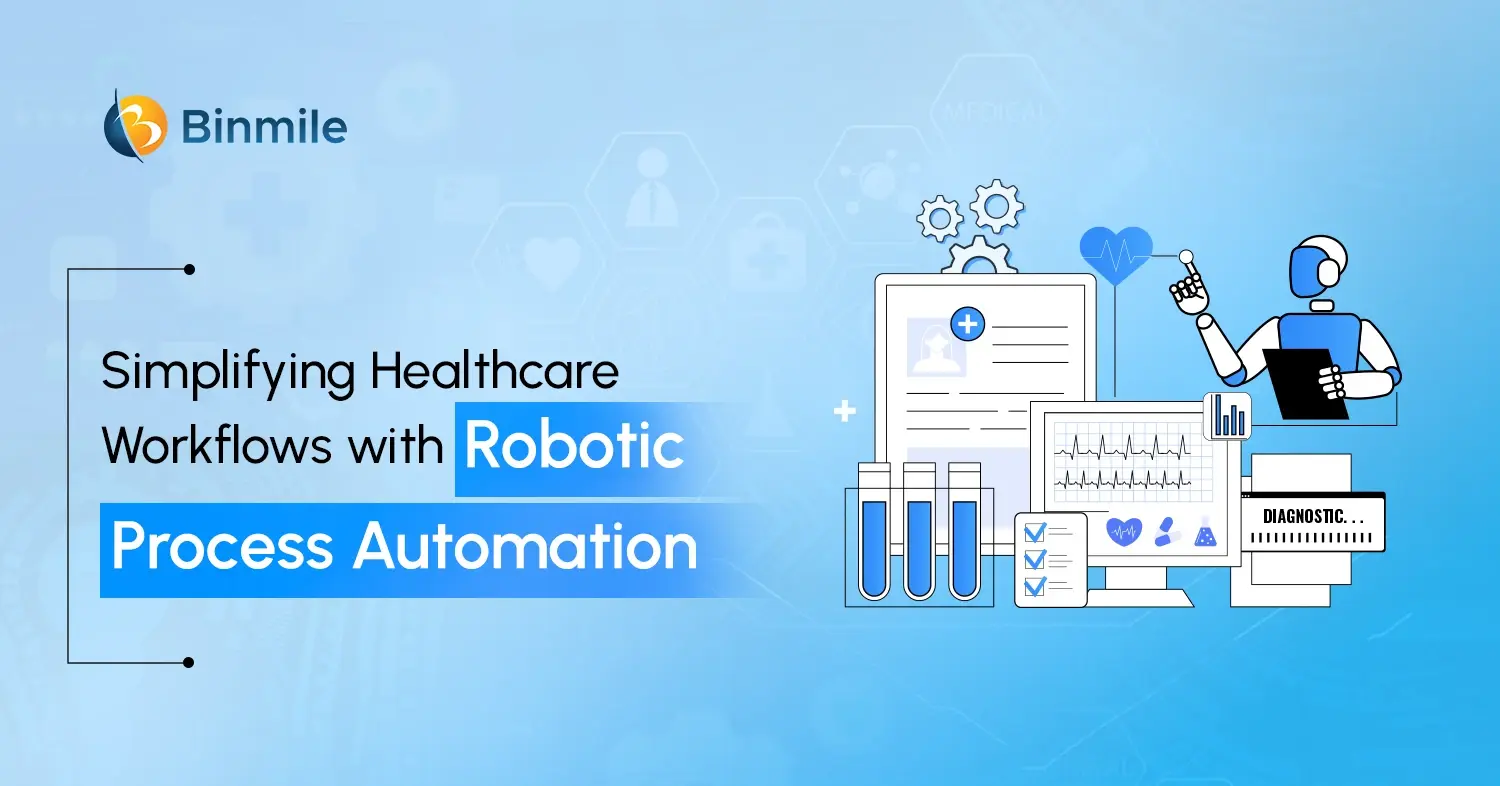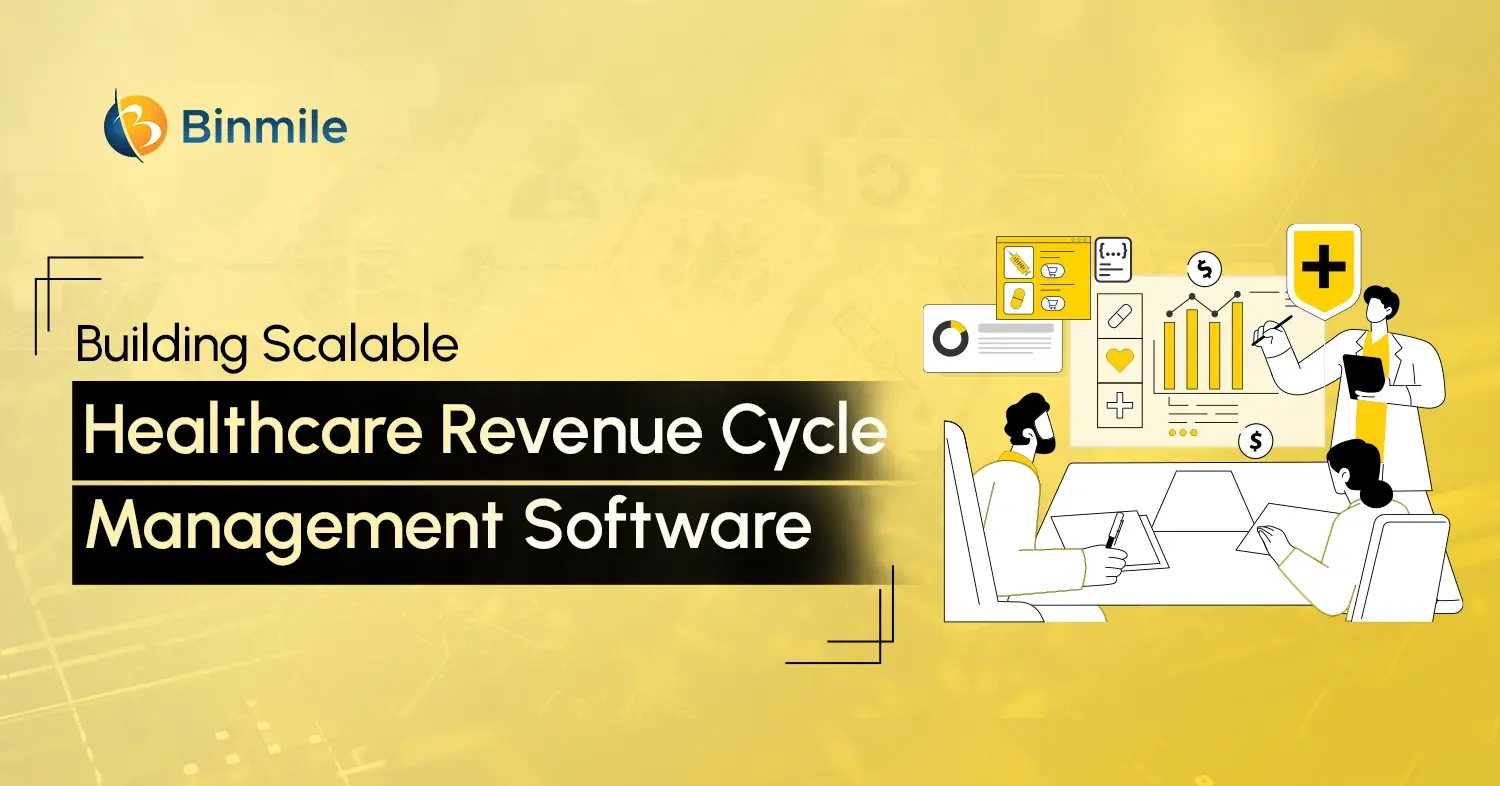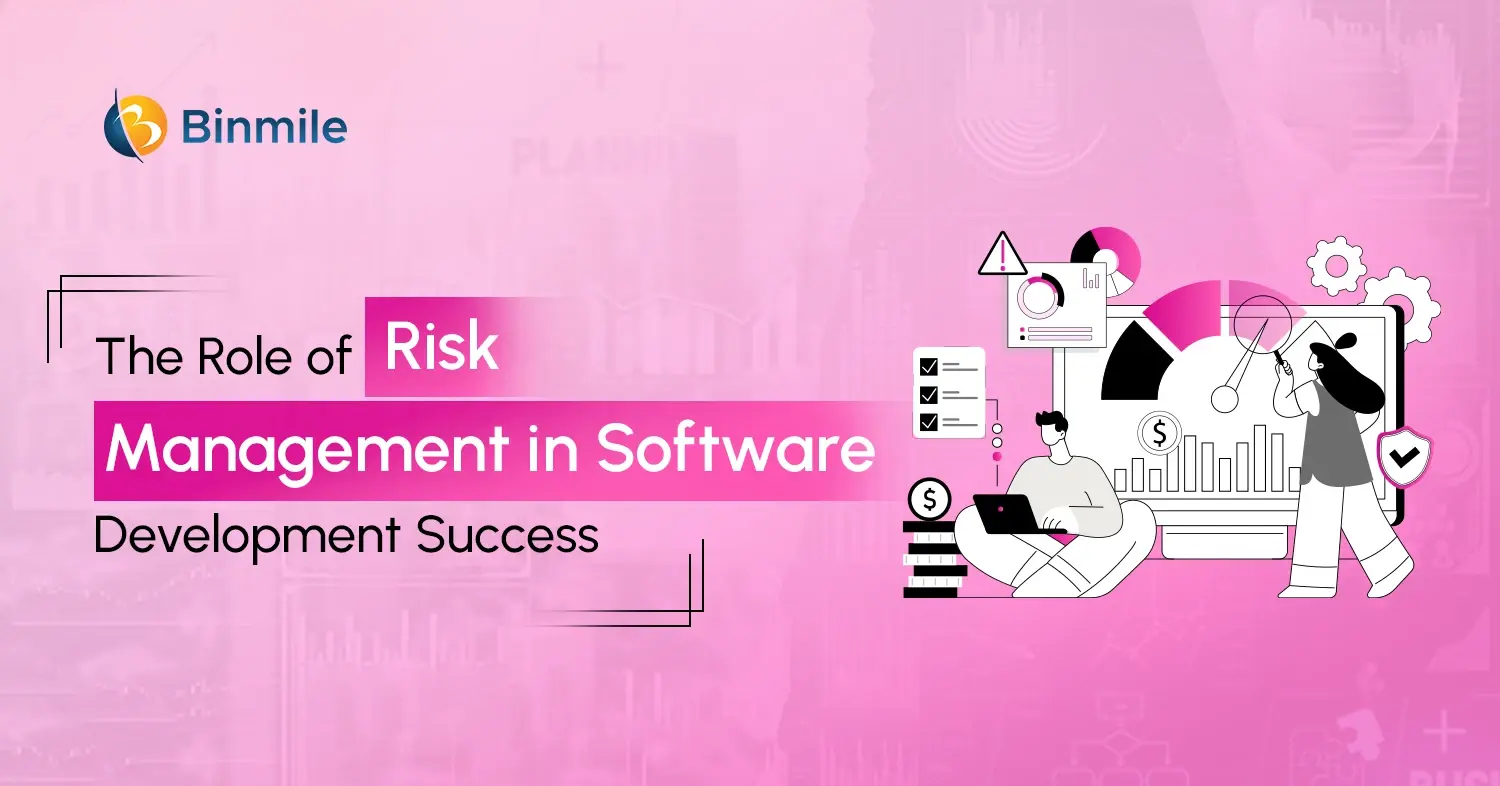The global manufacturing industry is dedicated to delivering cost-competitive and high-quality products to meet customer expectations and maintain a strong economy. Although there is a constant demand from the global manufacturing industry for improved and better products, global manufacturing companies are finding it hard to survive the competition owing to continuous technological advancements and an increasingly globalized market. These days, information technology (IT) has emerged as a bolster to make the most out of manufacturing initiatives. IT simplifies things in the fast-growing manufacturing IT sector at the global level. With this blog, we will learn about the role and importance of information technology in manufacturing. Also, read about the challenges faced by the manufacturing industry while adopting new technologies.
Information Technology Challenges in Manufacturing
According to a Statista survey 2022 on the manufacturing industry’s new technology adoption barriers, skills gaps in the local labor market are the key obstacles to adopting new technologies in the manufacturing industry at the global level. Look at the prime factors that are barriers to new technology adoption in the sector, as per the survey findings.
- 63.6% — Skill gaps in the local labor market
- 59.1% — Inability to attract specialized talent
- 54.5% — Skill gaps among the organization’s leadership
- 38.6% — Insufficient understanding of opportunities
- 31.8% — Shortage of investment capital
- 31.8% — Lack of flexibility in the regulatory framework
- 25% — Lack of flexibility in hiring and firing
- 9.1% — Lack of interest among leadership
- 6.8% — Other
The prime role of technology in the manufacturing IT sector is to simplify factory automation, production, processes, and product designs. It also automates production processes and business functions. In addition, it contributes to integrating all production and support processes.
Role of Information Technology in the Manufacturing Industry
Nowadays, the world of manufacturing has reached a turning point. Thanks to the impact and influence of Information Technology (IT). Manufacturers need to compete globally so that they can succeed in the market. The manufacturing industry is transforming fast to benefit the company, employees, and stockholders.
As far as the role of IT in the manufacturing sector is concerned, digital technologies are disrupting all elements of the value chain. This value chain consists of product design, supply chain, manufacturing, and customer experience while creating new business models.

1. Automation (Robotics)
Industrial robots or automated machines have been around for decades, but their numbers and utility are rising. Various online researches show that global spending on robotics may reach $67 billion by 2025. Interestingly, 24.4 billion will be in the manufacturing industry out of this spending.
IT develops a process to enable automation by using a set of instructions. Automation allows repeated actions to happen with minimal intervention. Global manufacturing companies replace human workers with automated machines to do repetitive tasks. Some of the prime benefits of using automation in the manufacturing industry include
- Automaton helps companies reduce the time spent on manufacturing processes
- Companies can utilize capital and human resources by allocating workers involved in more critical jobs
- Automation also improves the accuracy and quality of manufacturing engineering
- Automation is useful for doing complex tasks and saving higher labor costs
- Manufacturers achieve new levels of precision, safety, and productivity through automation
- Automation increases not only manufacturing output but also the number of jobs
2. Industrial Internet of Things (IIoT) or Smart Manufacturing
Speaking, industry 4.0 depicts the growing use of automation and data exchange in technology and processes within the manufacturing industry. It also includes artificial intelligence (AI), cloud computing, cognitive computing, cyber-physical systems (CPS), smart factories, smart manufacturing, the industrial Internet of things (IIoT), and the Internet of things (IoT).
Many manufacturing industry experts take technology 4.0 as a technology-driven approach or smart manufacturing that responds in real time to meet changing demands in the manufacturing units, supply networks, and customer needs. With the rise of digital technology, smaller manufacturers are giving competition to big manufacturers in the global marketplace. The smart manufacturing concept helps manufacturing industries to
- Increase output and slash manufacturing costs
- Communicate mechanically via the Internet
- Identify better opportunities for automated processes
- Improve the workflow in the manufacturing plant
- Monitor the production process
- Optimize the entire manufacturing process
- Use data analytics to improve the manufacturing process
- Work together to reduce errors
Automation and robotics, predictive analytics, and artificial intelligence are some of the current technologies and solutions in the smart manufacturing landscape.
3. 3D Printing (Additive Manufacturing)
Although 3D printing is in its nascent stage, it has started revolutionizing the manufacturing industry. 3D printing is beneficial for all: Manufacturers, inventors, innovators, and smaller companies. It empowers manufacturers to design and produce quality products at a faster pace. In addition, it lets inventors, smaller companies, and innovators compete globally.
Additive manufacturing or 3D printing utilizes advanced computer technologies and prefers digital designs to make solid objects. These days, manufacturers are using the technology to
- develop new products
- make prototypes
- manufacture parts in small lots
- reduce design-to-manufacturing
- curtail time-to-market times
- cut waste
- lower production costs
Additive manufacturing reduces costs. That is why it is great for higher-volume production.
4. Artificial Intelligence (AI)
Artificial Intelligence in manufacturing can do wonders with robotics and the Internet of Things (IoT). Nowadays, technologies are more affordable. Thus, manufacturers discover apps for machine learning (ML) throughout the production process. AI algorithms automate tasks and enable machines to make complex decisions regarding
- custom product configurations
- quality control (identifying defects)
- predictive/adaptive equipment maintenance
AI algorithms also help machines to discover meaningful patterns, perceive data, and learn from experience. When we talk about the supply chain, AI algorithms can perceive patterns of demand for
- products across time
- geographic markets
- socioeconomic segments
On the other hand, sensors can track operating conditions and performance in predictive maintenance. Sensors can also predict breakdowns and malfunctions in advance so that manufacturers can take pre-emptive actions.
5. Predictive Analytics
Data is a powerful resource for every industry, including the manufacturing IT sector. That is why many companies are investing in IT heavily and keeping a close eye on better data management. Predictive analytics is one of the vital uses of data in global manufacturing. It is the analysis and collection of data to predict or identify potential problems occurring in the manufacturing process. Predictive analytics helps manufacturers
- create and prepare solutions for the manufacturing IT sector
- prevent potential problems from happening
- minimize the damage as soon as possible if they occur
- produce products to maximize profits
Modern manufacturing processes and operations are changing fast due to a rapid increase in cloud storage capabilities. Predictive analytics involves big data analysis to forecast future product demands and consumer behavior trends.
6. Blockchain Technology
Blockchain is a way of recording data and allowing users to share, access, and update the same data through a network. Like a digital ledger of transactions, this database reconciles continually. Initially designed as supporting architecture for digital currencies, blockchain is also making its way to the manufacturing IT sector. Blockchain technology can help manufacturers
- create more innovative supply chains by tracking all product journey details
- offer real-time visibility and precise audit trails in the supply chain
- protect operations from fraud, theft, and cyberattacks with increased transparency
- take calculated business risks
- enhance the IoT by freeing IT from too many technical complexities
Although blockchain technology is just emerging, it has the potential to change the manufacturing IT sector radically. Here, manufacturers need to know if replacing existing infrastructure and legacy systems with blockchain will deliver any return on investment (ROI) or value on technology investment.
Ready to optimize your manufacturing efficiency? Let’s develop smarter, faster, and more efficient workflows to streamline processes and drive productivity.

Conclusion
Overall, technology is transforming the manufacturing IT sector by helping it get increased visibility, improved customer engagement, and predictive maintenance. As more and more businesses are planning to implement IT to enhance their manufacturing standards and output, the demand for IT specialists for manufacturing units will rise automatically.
Binmile Technologies helps manufacturing industries of all sizes and types with the right digital transformation services that help them automate manufacturing processes and operations. Binmile leverages modern tools and technologies to serve different industry verticals with its agile processes, extensive digital experience, and design-led engineering approach.
Frequently Asked Questions
IT solutions for the manufacturing industry are technologies and software applications specifically designed to improve efficiency, productivity, and operations within manufacturing processes. These solutions encompass a wide range of tools and systems tailored to address the unique challenges and requirements of manufacturing operations.
Manufacturing IT services refer to a range of technology solutions and support services tailored specifically for the manufacturing industry. These services encompass a variety of offerings aimed at optimizing operations, enhancing efficiency, and driving innovation within manufacturing processes.
Outsourcing manufacturing IT services offers several benefits, including:
- Access to specialized expertise: Outsourcing IT services allows manufacturers to tap into the expertise of specialized IT professionals with experience in implementing and managing technology solutions for the manufacturing industry.
- Cost savings: Outsourcing IT services can reduce overhead costs associated with hiring and maintaining an in-house IT team, as well as provide access to cost-effective solutions and pricing models.
- Focus on core competencies: By outsourcing IT services, manufacturers can focus on their core competencies and strategic objectives, while leaving IT management and support tasks to external experts.
- Scalability and flexibility: Outsourcing IT services offers scalability and flexibility to adapt to changing business needs, market conditions, and technology trends, allowing manufacturers to scale up or down as required.
- Risk mitigation: Outsourcing IT services to reputable providers can help mitigate risks associated with technology implementation, cybersecurity threats, and compliance challenges, as providers often have robust security measures and compliance frameworks in place.









